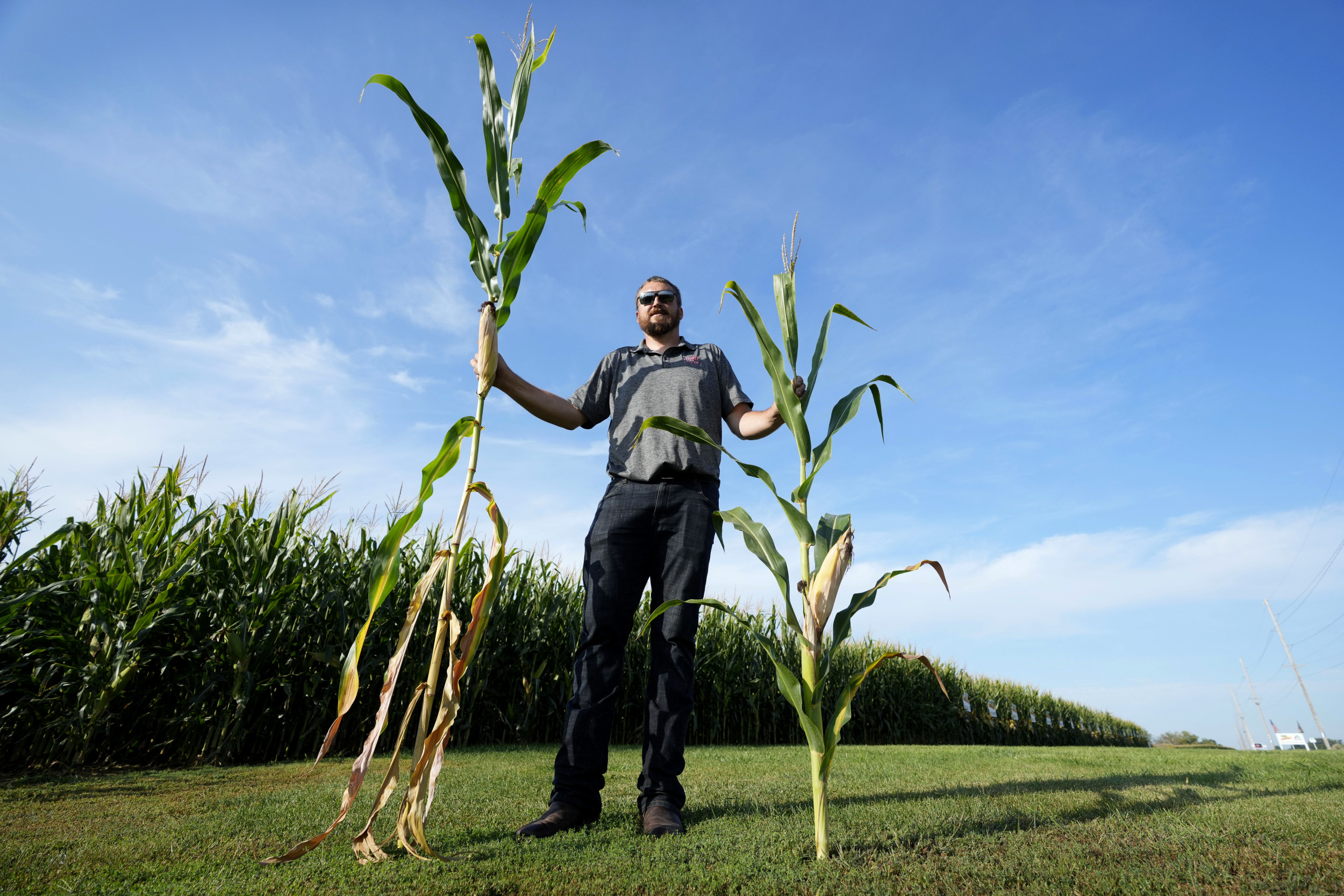🎙️ Voice is AI-generated. Inconsistencies may occur.
Look past the widespread outrage over Robert F. Kennedy Jr.'s recent remarks about autism, and you will see that many of us whose lives are shaped by the most severe form of the disorder found catharsis and a necessary corrective in his unpolished words. Ignore the predictable indignation: Kennedy deserves credit for his candor on this one.
Last Wednesday, the health and human services secretary made reference to "kids who will never pay taxes. They'll never hold a job. They'll never play baseball. They'll never write a poem. They'll never go out on a date. Many of them will never use a toilet unassisted."
It is unfortunately true that many people with severe autism are unable to do the things Kennedy listed. His raw words brought the daily challenges of severe autism into view, forcing America to see a more complete picture of the disorder, one that ideologues often look past.
The secretary's remark drew many critics, however. U.S. Rep. Maxwell Alejandro Frost (D-Fla.) called the comments a "flat out lie that further stigmatizes autism."
"(Expletive) you, you soulless monster," wrote USA Today columnist Rex Huppke, going on to accuse Kennedy of using "degrading, dehumanizing language."
U.S. Sen. Elizabeth Warren (D-Mass.) not only accused Kennedy of lying but called his words "disgusting and dangerous," writing on X that "if he had a shred of decency, he would apologize and resign."
Many parents of children with severe autism like myself see things differently. While I find Kennedy's anti-vaccine views deeply troubling, I see just as much danger from those who ignore or minimize the existence of people with severe autism, many of whom suffer from seizures, catatonia, profound communication impairments, and other issues.

Kennedy's aghast critics typically did not acknowledge the daily realities of the more than 25 percent of the autism population with the severe form the secretary was referring to. Also missing was a call for additional research to alleviate dangers such as self-injurious behaviors or for more societal help with providing the lifetime 24/7 support those with severe autism typically need.
This is a form of disability denial, a growing movement promoting the notion that autism is simply a way of being. This worldview, if taken to the extreme, attributes any difficulties people with autism face purely to the way society is set up, instead of to the disability itself, and downplays or dismisses problems that don't fit within its framework.
Cultural elites too often feed into this way of thinking, favoring a celebratory tone in discussing autism that only made Kennedy's remarks seem more jarring. Compliant journalists increasingly focus their reporting on the most fortunate and vocal in the autism world. Research, meanwhile, too rarely includes people who are nonverbal and experience the greatest impairments. This cruel approach reached its nadir during the Biden administration, when at one point the National Institutes of Health proposed striking the very idea of reducing disability from its mission.
This kind of denial lives on in the recent response to Kennedy. Many quickly turned away from the issues he raised about autism to serve up stories that defied his description of those most affected by the disorder. It's akin to media outlets covering California wildfires by running from the smoke and focusing on the least-affected neighborhood of Los Angeles County, or to only interview workers who kept their jobs after a mass layoff.
CBS News in Boston responded with a profile of a young man with autism who plays guitar and was accepted to Wesleyan University. Mother Jones strangely replied to Kennedy's remark that some autistic children would never write a poem by finding one who did. NPR found a poet as well. Taken as a whole, the piling up of inspiring examples of autistic people who are musicians, athletes, and more was a form of frantic distancing, sending the false message that we simply can't dwell on the people who may never do these things.
A just world would embrace and include our children while also seeking answers for their challenges. For severe autism families like mine, it goes without saying that a person's worth isn't based on what they can do, and human dignity is never drawn from a resume. Whether you accept or reject Kennedy's approach to autism, I hope we can agree on that.
Mark Kendall is a former journalist, father of a young adult with severe autism and California chair for the National Council on Severe Autism.
The views expressed in this article are the writer's own.



